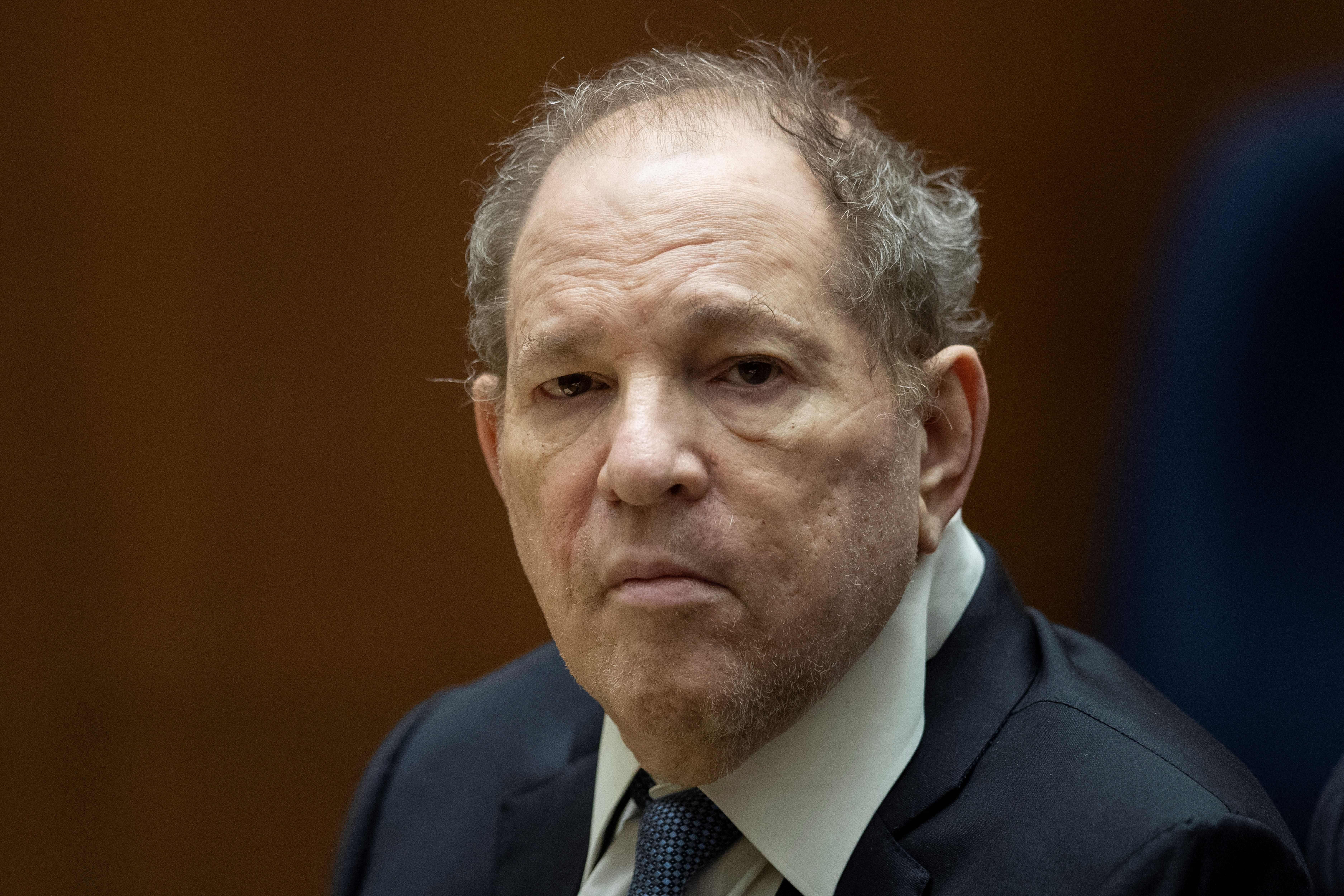A federal judge on Thursday blocked a new Texas law that gives police broad powers to arrest migrants suspected of illegally entering the U.S., dealing a victory to the Biden administration in its feud with Republican Gov. Greg Abbott over immigration enforcement.
The preliminary injunction granted by U.S. District Judge David Ezra pauses a law that was set to take effect March 5 and came as President Joe Biden and his likely Republican challenger in November, Donald Trump, were visiting Texas' southern border to discuss immigration. Texas officials are expected to appeal.
Opponents have called the Texas measure the most dramatic attempt by a state to police immigration since a 2010 Arizona law that opponents rebuked as a “Show Me Your Papers” bill. The U.S. Supreme Court partially struck down the Arizona law, but some Texas Republican leaders want that ruling to get a second look.
Ezra cited the Constitution’s supremacy clause and U.S. Supreme Court decisions as factors that contributed to his ruling. He said the Texas law would conflict with federal immigration law, and the nation’s foreign relations and treaty obligations.
Get Tri-state area news and weather forecasts to your inbox. Sign up for NBC New York newsletters.
Ezra wrote in his decision that allowing Texas to “permanently supersede federal directives” due to an invasion would “amount to nullification of federal law and authority — a notion that is antithetical to the Constitution and has been unequivocally rejected by federal courts since the Civil War.”
Following Ezra's decision, the office of Republican Texas Attorney General Ken Paxton said he immediately appealed the ruling.
“We have appealed this incorrect decision. Texas has a clear right to defend itself from the drug smugglers, human traffickers, cartels, and legions of illegal aliens crossing into our state as a consequence of the Biden Administration’s deliberate policy choices,” said Paxton in a statement. “I will do everything possible to defend Texas’s right to defend herself against the catastrophic illegal invasion encouraged by the federal government.”
U.S. & World
The lawsuit is among several legal battles between Texas and Biden’s administration over how far the state can go to try to prevent migrants from crossing the border.
The measure would allow state law enforcement officers to arrest people suspected of entering the country illegally. Once in custody, they could agree to a Texas judge’s order to leave the country or face a misdemeanor charge for entering the U.S. illegally. Migrants who don’t leave after being ordered to do so could be arrested again and charged with a more serious felony.
At a Feb. 15 hearing, Ezra expressed skepticism as the state pleaded its case for what is known as Senate Bill 4. He also said he was somewhat sympathetic to the concerns expressed by Abbott and other state officials about the large number of illegal crossings.
Ezra, who was appointed by former President Ronald Reagan, said he feared the United States could become a confederation of states enforcing their own immigration laws. “That is the same thing the Civil War said you can’t do," Ezra told the attorneys.
Civil rights groups, who also sued the state, have argued the law could lead to civil rights violations and racial profiling.
Republicans who back the law have said it would not target immigrants already living in the U.S. because of the two-year statute of limitations on the illegal entry charge and would be enforced only along the state’s border with Mexico.
Tensions have remained high between Texas and the Biden administration this year over who can patrol the border and how. Other GOP governors have expressed support for Abbott, who has said the federal government is not doing enough to enforce immigration laws.
Among other things, Texas placed a floating barrier in the Rio Grande, put razor wire along the U.S.-Mexico border and stopped Border Patrol agents from accessing a riverfront park in Eagle Pass that they previously used to process migrants.



